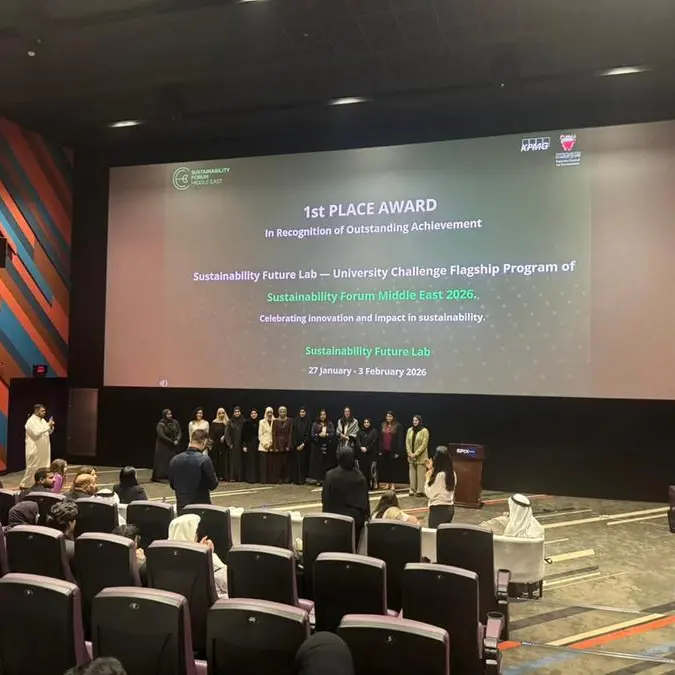PHOTO
Kuala Lumpur, Malaysia: At the recent Global Forum of Islamic Economics and Finance (GFIEF) 2024 held in Kuala Lumpur, Dr. Jasser Auda, the President of Maqasid Institute Global, emphasised the critical importance of revisiting and reinterpreting the principles of zakat and waqf to align with contemporary needs and the overarching objectives of Maqasid Shariah. The panel session titled, ‘Global Economic and Finance Policy Reforms: Scholarly Lens from Maqasid Shariah Perspective,’ underscored the transformative potential of policy reforms grounded in Maqasid Shariah principles, which have historically propelled Islamic civilisations to unprecedented heights by fostering just and inclusive practices.
In his headliner speech, Dr. Auda argued that zakat should be applied to all types of wealth, including modern forms of income and assets like rubber plantations and oil, to ensure fair distribution and support for the needy. He highlighted the necessity to redefine the categories of zakat recipients to include contemporary issues such as refugees and oppressed nations.
Additionally, Dr. Auda discussed the pivotal role of waqf in Islamic history, where endowments significantly contributed to societal welfare by funding hospitals, schools and other public services. He called for a revival of the waqf culture to create a sustainable and inclusive economy that prioritises giving and community welfare over profit. By promoting these values, Dr. Auda believes that the Islamic economy can foster resilience and shared prosperity, aligning with both the Sustainable Development Goals (SDGs) and Maqasid Shariah. He concluded by urging a dynamic and innovative approach to Islamic jurisprudence to better address contemporary challenges.
The ensuing panel discussion featured Dr. Farhan Ahmad Nizami, Founder and Director of the Oxford Centre for Islamic Studies, and Professor Dr. Ashraf Md. Hashim, Chairman of the Shariah Advisory Council of Malaysia, alongside Dr. Jasser Auda.
Dr. Farhan accentuated the critical role of historical insights in understanding the application of Maqasid Shariah to modern economic challenges. He called for careful consideration in using Islamic legal concepts to address current issues, cautioning against superficial interpretations that may dilute their true essence. He underscored the interplay between economic and political dynamics, advocating for policies that bridge the gap between the rich and poor through fair redistribution of wealth, aligning with the SDGs and Islamic principles.
Dr. Ashraf further elaborated on the foundational Islamic objectives of attaining benefits and preventing harm, stressing the necessity for justice and shared prosperity for all, including non-Muslims and the environment. He advocated for a holistic approach to Islamic finance, encompassing not just banking and takaful but also social finance mechanisms like zakat and waqf. Dr. Ashraf emphasised Malaysia’s efforts to implement these principles through initiatives like Value-Based Intermediation (VBI), which includes practical social finance applications such as the Sadaqa House and MyWakaf, showcasing actionable and measurable contributions to economic welfare. He also proposed the establishment of an Islamic Economic and Finance Council positioned at the highest governmental level would facilitate this coordination, ensuring that initiatives are not only theoretically sound but practically viable.
Dr. Auda reinforced the need for robust management and legal frameworks to support the effective operation of waqf, a pivotal tool for societal transformation. He pointed out historical mismanagement and the importance of governmental oversight to ensure integrity and efficiency. He stressed the interdependence of political and economic reforms, advocating for comprehensive policies that address the root causes of poverty and inequality by leveraging Islamic financial principles.
The panel concluded with a consensus on the necessity for coordinated efforts among stakeholders, both domestically and internationally, to enhance the impact of Islamic economic frameworks. The session highlighted that through meticulous implementation of Maqasid Shariah, coupled with innovative economic models like the circular economy and VBI, a more equitable and resilient global economy can be achieved.
This session illuminated the enduring relevance and adaptability of Maqasid Shariah in shaping a fair and inclusive economic landscape. By integrating these timeless principles with modern economic strategies, the Islamic community can build a robust framework for sustainable development and shared prosperity. The insights and recommendations from the forum provide a compelling blueprint for future policy reforms, underscoring the potential of Islamic finance to contribute meaningfully to global economic stability and growth.
Under the patronage of the Ministry of Finance Malaysia (MOF), GFIEF is organised by Bank Negara Malaysia in collaboration with the Securities Commission Malaysia, Labuan Financial Services Authority, the International Islamic Liquidity Management Corporation, the Islamic Development Bank (IsDB), the Islamic Financial Services Board and the World Bank Group (WB).
-Ends-
About GFIEF 2024:
The Global Forum on Islamic Economics and Finance (GFIEF) brings together over 2,300 policymakers, industry leaders and practitioners from 75 countries in Kuala Lumpur. Themed ‘Shaping a Resilient Global Islamic Economy Through Values-based Reforms’, the two-day forum aims to unlock the transformative power of Islamic economics and finance in fostering shared prosperity and equity. GFIEF features policy discourse and innovative solutions based on Islamic economics and finance principles to address the world's challenges.
For more information, please visit kl.gfief.com.my
Media Contact:
- Wai Fong TAN (Ms)
- Media Co-ordinator
- waifong@twfcomms.com




















